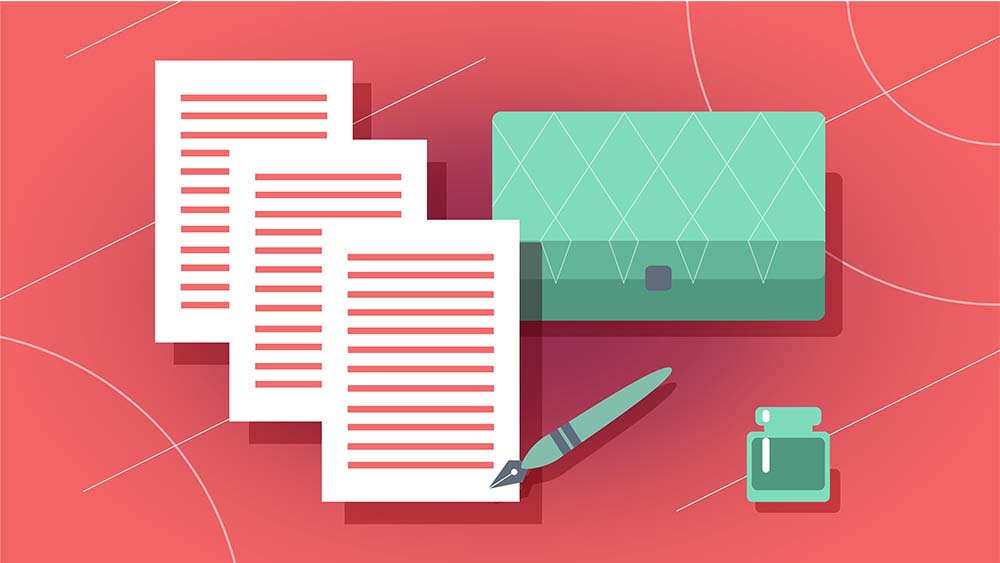Willio
Before-You-Get-Started
Checklist
Watch this video to get an idea of what you’ll need to get started with the Willio process. It’s so easy you won’t even really need this, but just in case…

Before you get started creating your Will, it’s a good idea to have a few things in mind so you won’t be caught off guard when certain information is required.
You’ll first be asked to enter information about you and your family. You’ll also be asked for your county and state that you currently reside. If you are married or have children, you’ll be asked for full, legal names, including middle names.
What assets do you own and who do you want to leave them to?
The next question you’ll want to ask yourself is, “What are my assets?” More importantly, do you have any assets that you would like to leave to specific people? You can choose to simply leave everything you own to one or multiple people OR you can choose to leave specific items to certain people. Either way, it’s a good idea to take an assessment of everything you own and determine how you want it divided.
Do you have minor children?
If you have children under the age of 18 it’s a great idea to create a Trust, also known as a Minor Children Will. This protects your assets from Probate court and sets a specific plan for how and when your children will receive your assets. You’ll also have two other things to think about if you have minor children – Trustees and Guardians.
Who should be Trustee for your minor children?
A Trustee is the person who will give your assets to your children at the ages you specify. They will handle the financial aspects of your Trust. For example, if you want your children to receive half of your assets at age 18 and the other half at age 25, the Trustee will handle that.
Who should be guardian for your children?
A Guardian (who can be the same person as your Trustee) will be the person who physically takes care of your children until they turn 18. They will use the assets from your Trust to care for them. Note that these can be two separate people – it’s not required to have the same person be the Trustee and Guardian.
Who should be your executor?
Finally, you’ll choose someone to act as your Executor. An executor, also called a Personal Representative, will probably be a person, but in some cases can be a company. The Executor will be in charge of managing the assets of your Estate during the probate process, paying any creditors who are owed, and distributing the assets to your beneficiaries.
It’s a good idea to make sure that the people you name in your Will are willing to take on those responsibilities.
You’ll want to have backups in mind for each of those positions in case the person you choose is unwilling or unable to do it.
Being prepared with this information ensures you can confidently create a Will that protects your family and ultimately gives you peace of mind.


